Unearthing the groundbreaking life and work of the greatest Italian political filmmaker
Author: Paul Costianes
Images: Various as credited
Who was he?
Elio Petri was an Italian auteur who studied with the neorealist greats, but whose work explores the psychology of the individual when confronted by various idiosyncrasies of modern society, particularly within social, political and economic class systems. His films presented a scathing satire of the various facets of Italian society across a broad swath of genres, from horror to sci-fi, drama to comedy.
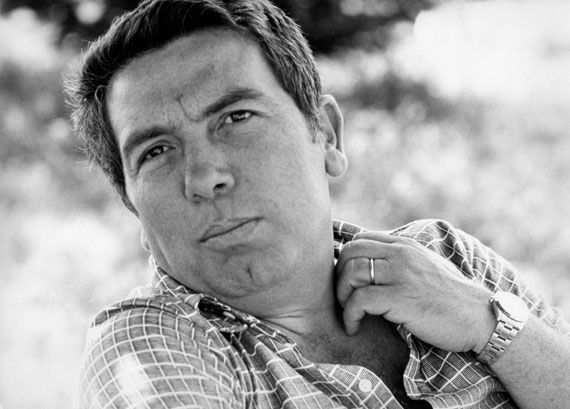
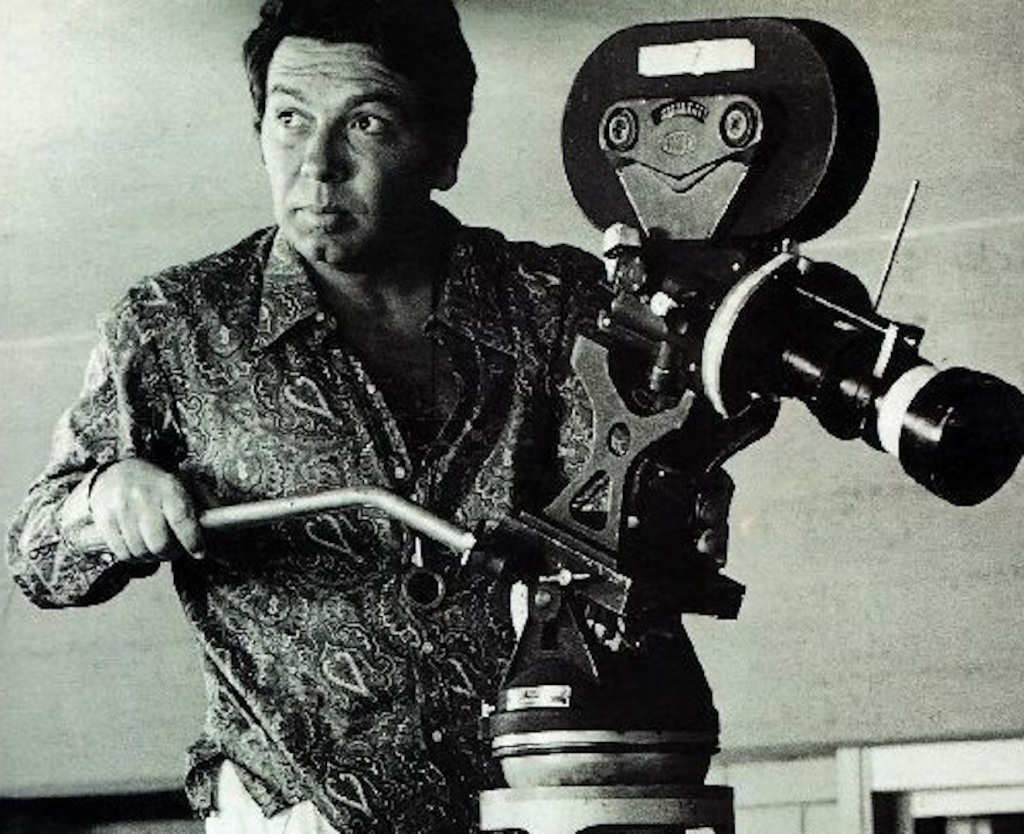

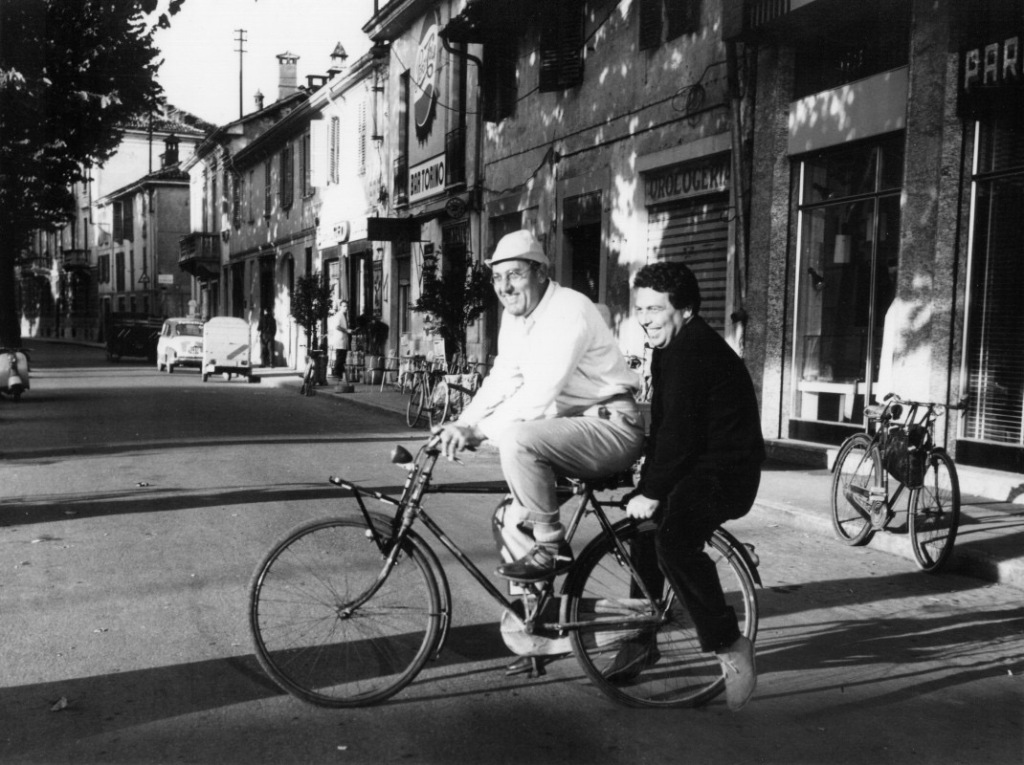
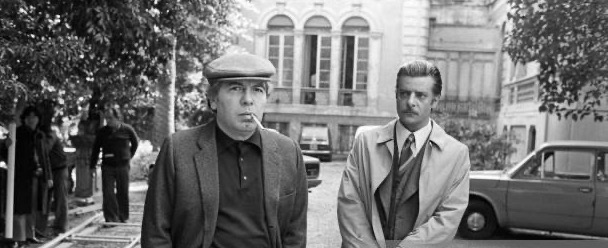
Born to a working class family in Rome on January 29, 1929, he was a member of the Italian Communist Party in the early post-WWII era, both of which would significantly inform the themes of his future work and truly set him apart from the other greats of Italian neorealism. During this time, he wrote about film for several Italian Communist newspapers, but was prompted to leave these positions, and the Communist Party, after covering the tragic Hungarian uprising in 1956.
After leaving the Communist Party, Elio met Gianni Puccini, who introduced him into the Italian studio system in 1952, towards the end of the great Italian Neo-Realist film renaissance. Working in various roles, from script writer to director’s assistant, across many films gave him the opportunity to learn from the great directors of Italian neorealism. He directed two short films in the late 1950s and made the jump to director with L’assassino in 1961.
“Today, to make a film, plenty of craziness and a great love for the cinema is required. This is the only positive side of the matter.”
Elio Petri, “L’avventurosa storia del cinema Italiano”
Elio was now a director with studio backing, and over the course of the 1960’s and 70’s, would use his platform to create films with relatively simple premises that revealed characters wrestling with complex social themes such as the individual’s inability to cope with reality, the effects of solitude, the police force, the worker’s condition, the ways power can destroy the individual, and the warped ideals of the most powerful members of the Christian Democrats in Italy. While looking back at his work during an interview in the late 1970s, he classified his oeuvre as “dialectic films,” since he strove to use the platform as a vehicle for establishing the truth through a series of reasoned arguments.
Elio Petri died suddenly of cancer in Rome on November 12, 1981 at the age of 53 years old.
Why is he important?
Petri’s work seamlessly jumped genres and, as a result, didn’t establish a singular, easily recognizable visual style in the way his peers, such as Fellini, did. This has caused his work to begin to fade into history, and this is a crime. His films delve into complex human psychology in the face of social injustices in ways that are both timeless and prescient in the face of today’s social climate. Petri is one of the greatest political filmmakers of all time and should be included in discussions of filmmaking legends, but his work is being forgotten.
The films feature fascinating character studies performed by the pantheon of Italian actors at the height of their powers, including marquee legends Marcello Mastroianni, Franco Nero, Gian Maria Volontè and Ugo Tognazzi, as well as cult classic actors such as Flavio Bucci and Daria Nicolodi, who would go on to be a major collaborator of Dario Argento, the master of Italian horror.
Visually each film feels different, but feature beautiful scenes that become important characters in the stories being told and capture a fascinating view of 60s and 70s Italy. Over his nearly 30 year career, Petri made films with some of the all-time great Italian cinematographers, such as Gianni Di Venanzo (8 1/2, La Notte, The 10th Victim), and Carlo Di Palma (Blow-Up, Divorce Italian Style, The Assassin), but his work with Luigi Kuveiller on the “Trilogy of Neurosis” films (Investigation of a Citizen Above Suspicion (1970), Lulu the Tool (1971) and Property Is No Longer a Theft (1973)) and others that can be seen as defining pieces in Petri’s ouvre.
The themes of Petri’s “dialectic films” are timeless and vital, and as important today as they’ve ever been. Providing thoughtful, researched and well reasoned arguments as a means of arriving at the truth of a topic is a skill that should be practiced throughout the ages. In our age of extremism, honing these skills are more important than ever. Even if you completely disagree with his viewpoints, practicing the art of listening to others may be the most important skill of all.
Below, we present a short list of Elio Petri films and places to view them online. Check them out, and continue the conversation in the comments below.
And don’t forget to sign up for our quarterly mailing list “Dispatches” below, and follow 55 Cities on Instagram, Twitter and Facebook.
Recommended Viewing
The 10th Victim
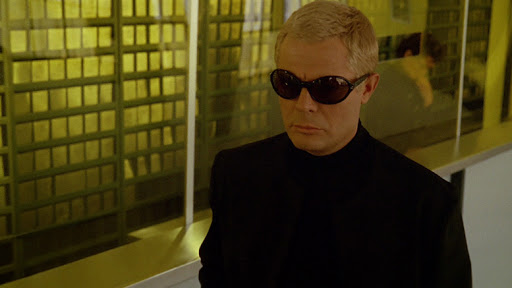
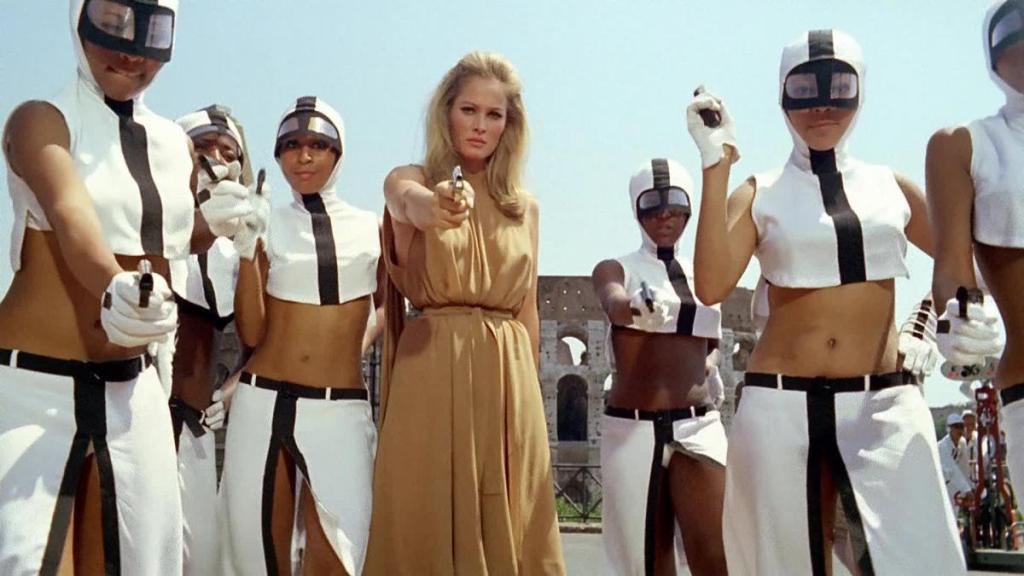

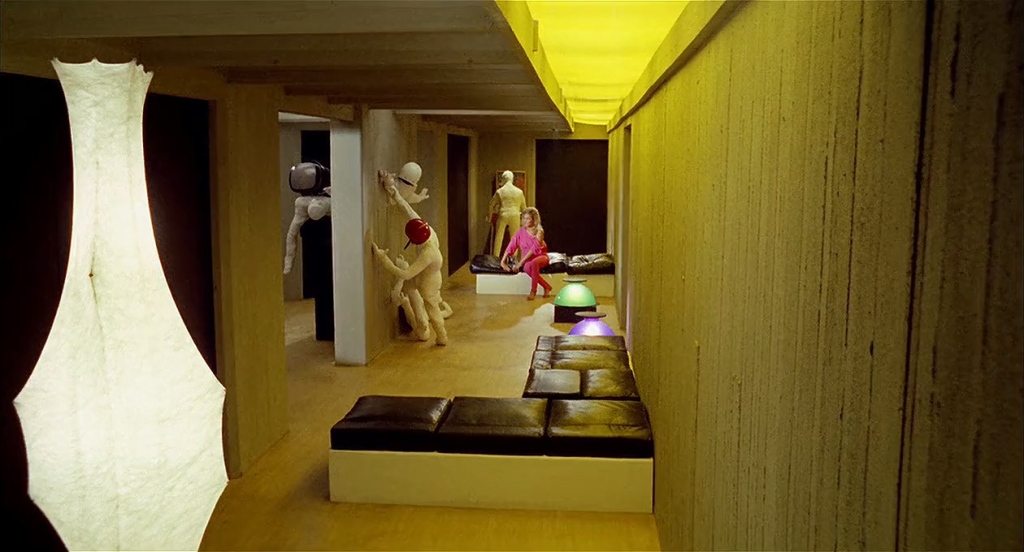
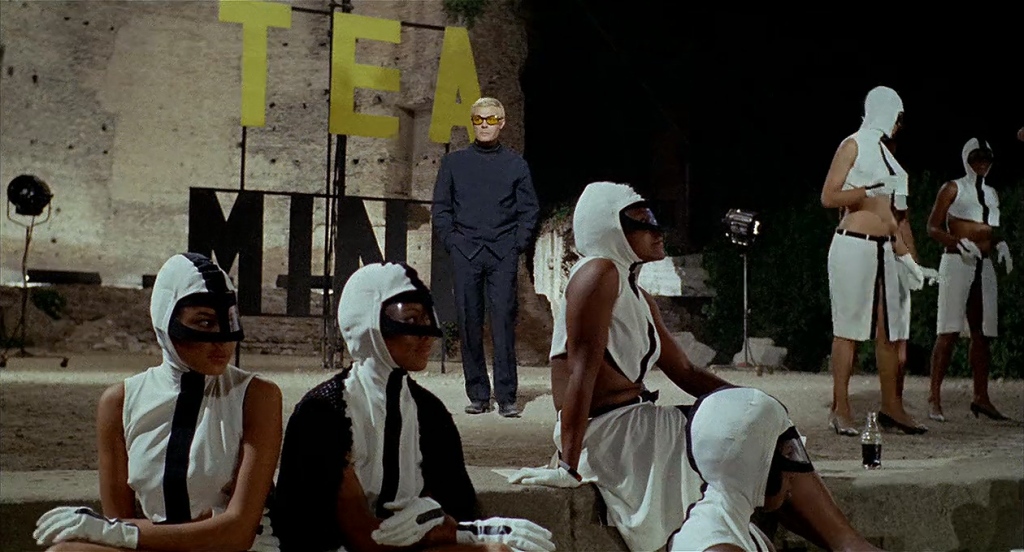
Release Date: December 20, 1965
Director: Elio Petri
Cinematography: Gianni Di Venanzo
Country: Italy
Running Time: 92 Minutes
Summary
In the 21st Century, where a human vs. human “Big Hunt” is used as an alternative to war, a veteran huntress agrees to kill a “victim” to get a major TV sponsorship deal, but romantic entanglements between the two complicate matters. – iMDB
Notes
Marcello Mastroianni and Ursula Andress play veterans in a pop art influenced 60s Italian future that is designed to hide the real changes rumbling beneath the surface of society in the 21st century. This film forecasted reality television and the rise of the social media star, Americanization, Globalization, and the rampant Commercialization of culture, and how these tools would come to rule the popular conscience.
Where to Watch
Streaming: Tubi / dailymotion
Cost: Free
Subscription: Not Required
Property Is No Longer a Theft
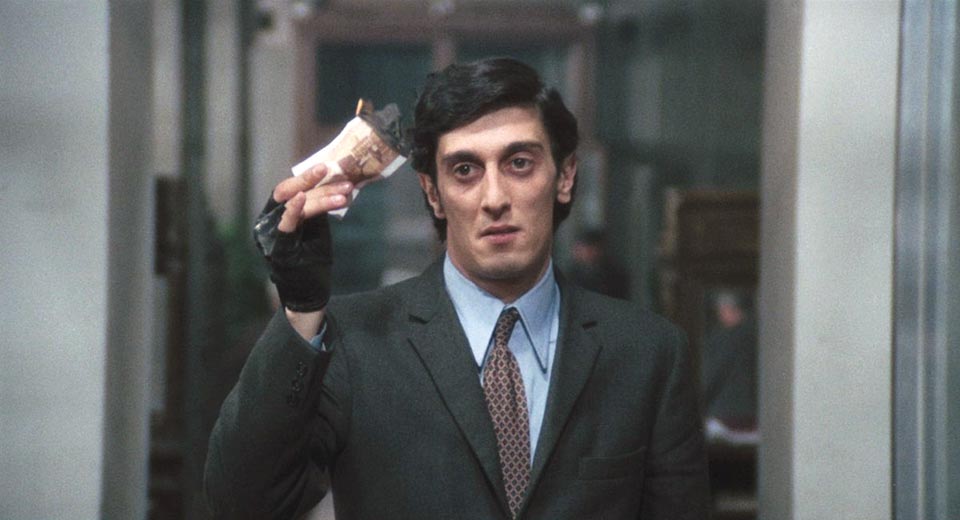
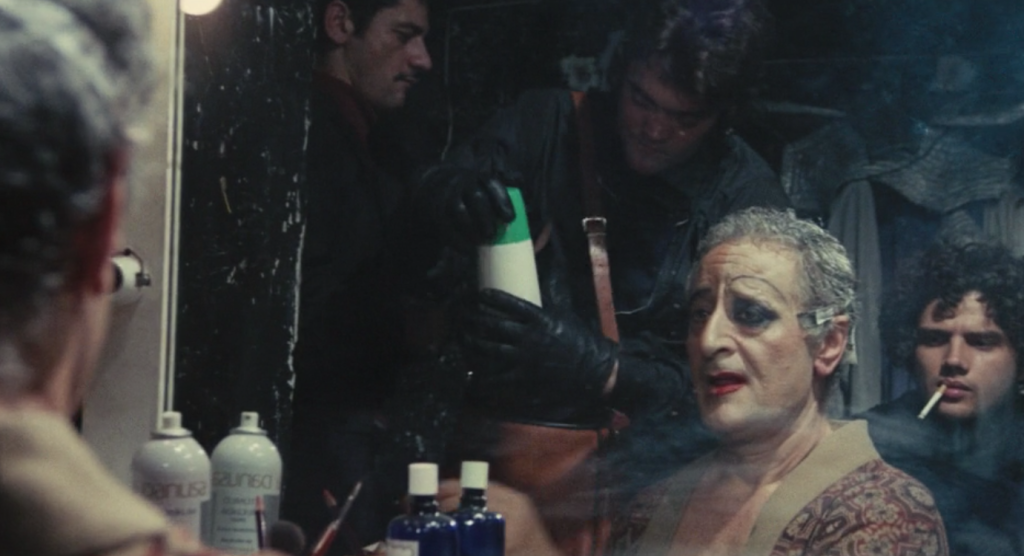
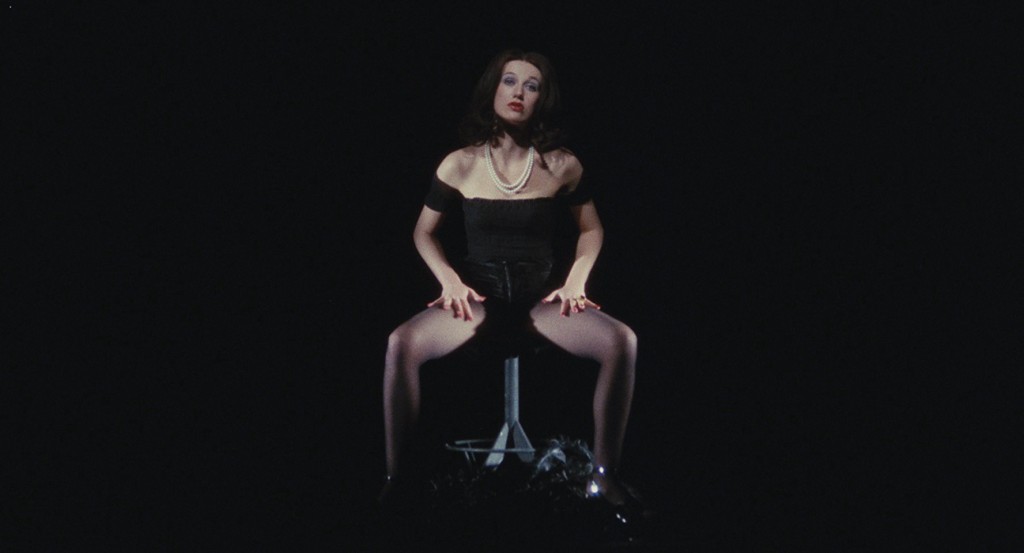
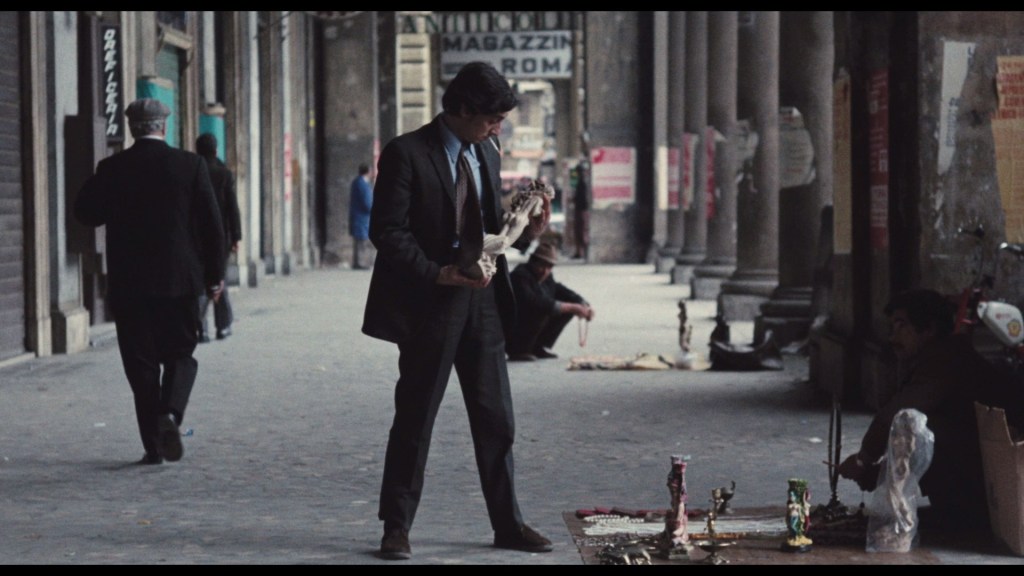
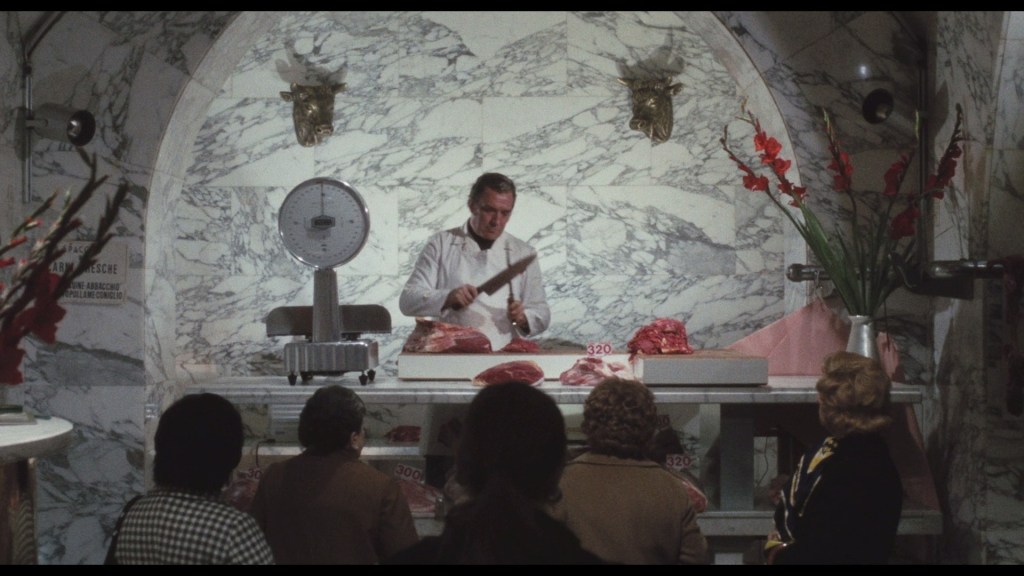
Release Date: October 3, 1973
Director: Elio Petri
Cinematography: Luigi Kuveiller
Country: Italy
Running Time: 126 Minutes
Summary
A bank cashier, who’s allergic to banknotes, quits his job after an armed robbery. He decides to start a new life, as a thief. He starts by targeting a popular former client, a butcher. But being a neurotic Marxist has its drawbacks. – iMDB
Notes
This film is fascinating and one of my personal favorites. It explores the role of property in capitalist society and the effects of shunning this construct on those who lose and gain. “Property” in this film actually becomes “possessions, and expands to include people, places and lives as our “Mandrakian–Marxist” bank teller continues to exact his revenge on the butcher. It’s funny, dramatic, a little too long and very pervy in places, but is an arresting story, filmed beautifully and well worth your time.
Where to Watch
Streaming: Amazon Prime Video
Cost: Free
Subscription Required: Yes
Investigation of a Citizen Above Suspicion
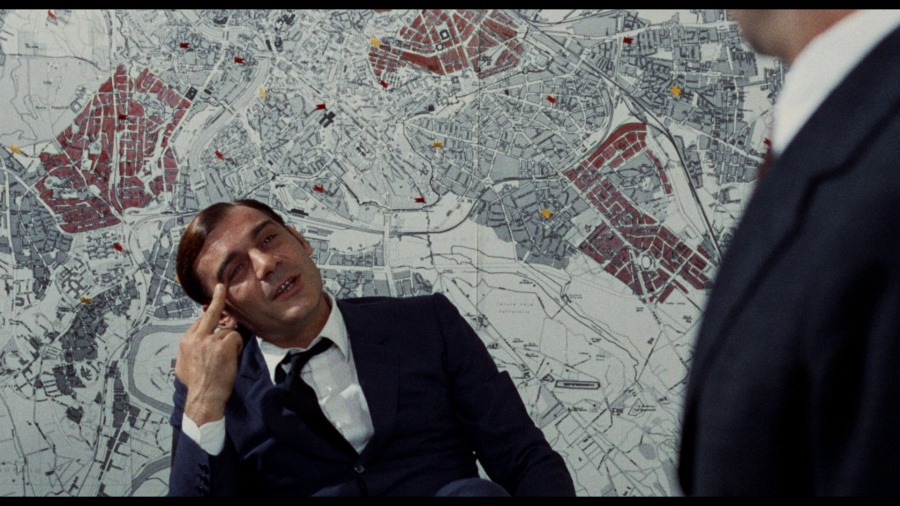
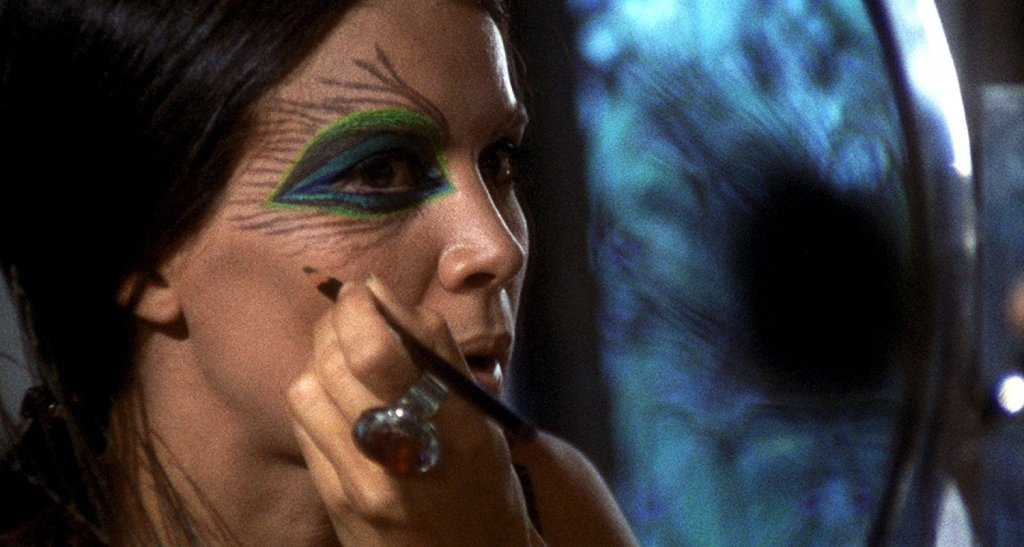
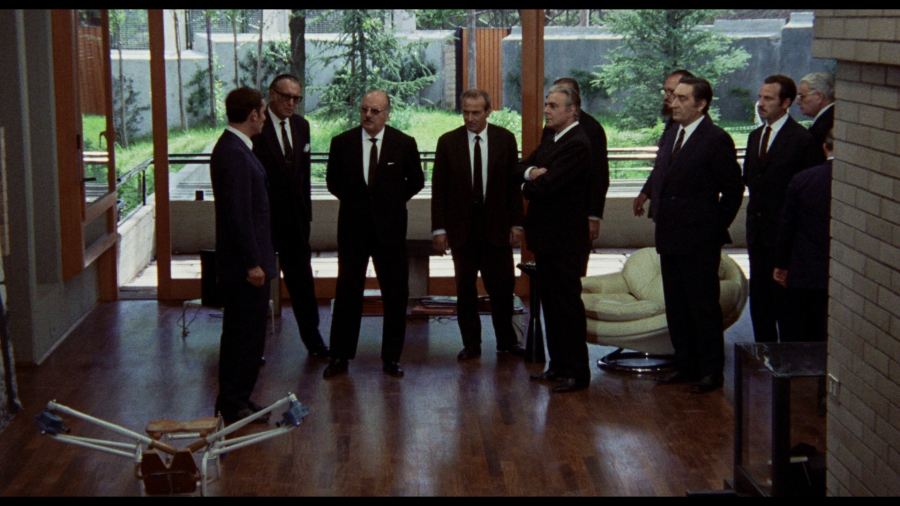
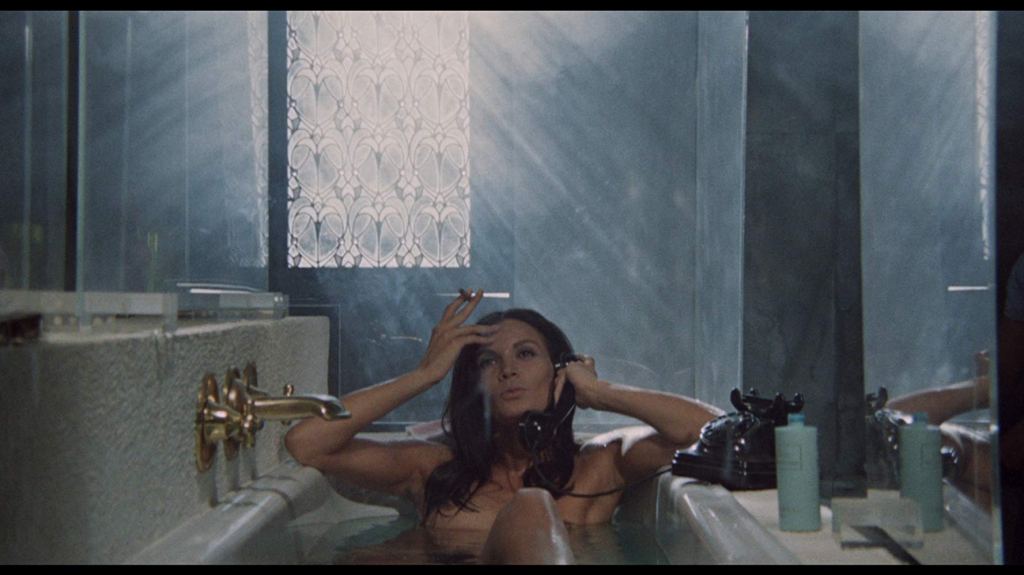
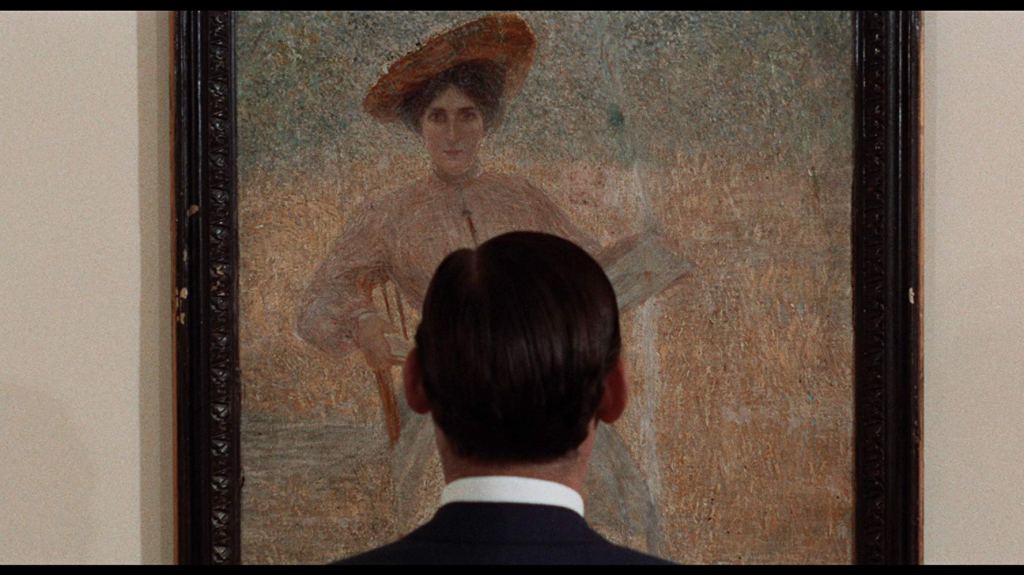
Release Date: February 9, 1970
Director: Elio Petri
Cinematography: Luigi Kuveiller
Country: Italy
Running Time: 115 Minutes
Summary
A chief of detectives, homicide section, kills his mistress and deliberately leaves clues to prove his own responsibility for the crime. – iMDB
Notes
This is one of, if not THE, primary films that Petri is most known for, having won an Oscar for Best Foreign Film for this work in 1971. It’s a hard look into the power of the police force in society, the effects that holding a position of power can have on the psyche, and just how far people will go hide a scandal. A fascinating film with great performances and themes. This film is not currently streaming for free, but worth the rental if you enjoy his other work, or if you want to check out a high-water mark from his career.
Read a deep-dive on this film on Mubi
Where to Watch
Streaming: Amazon Prime Video / VUDU
Cost: Rent for $2.99
Subscription Required: No
Extra Credit: Todo Modo
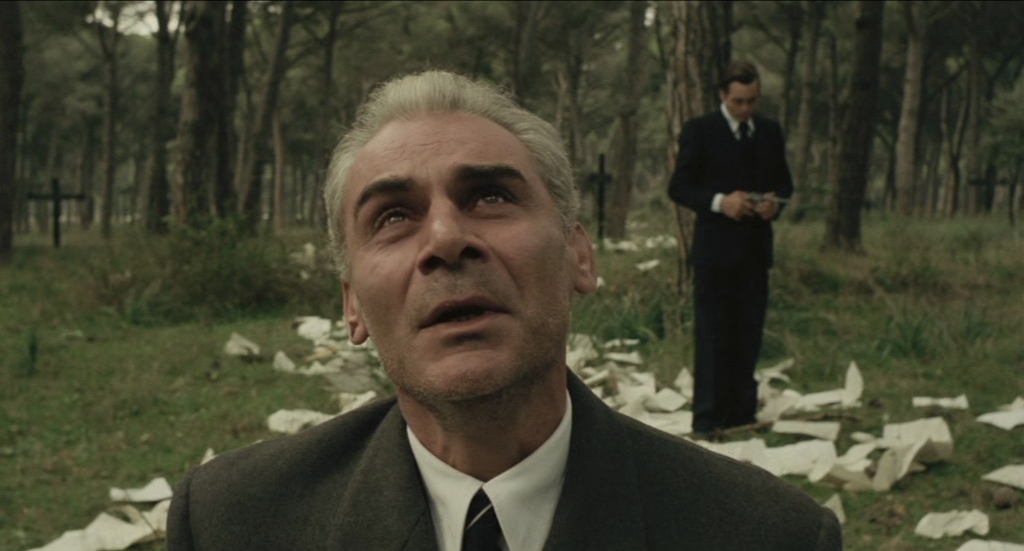
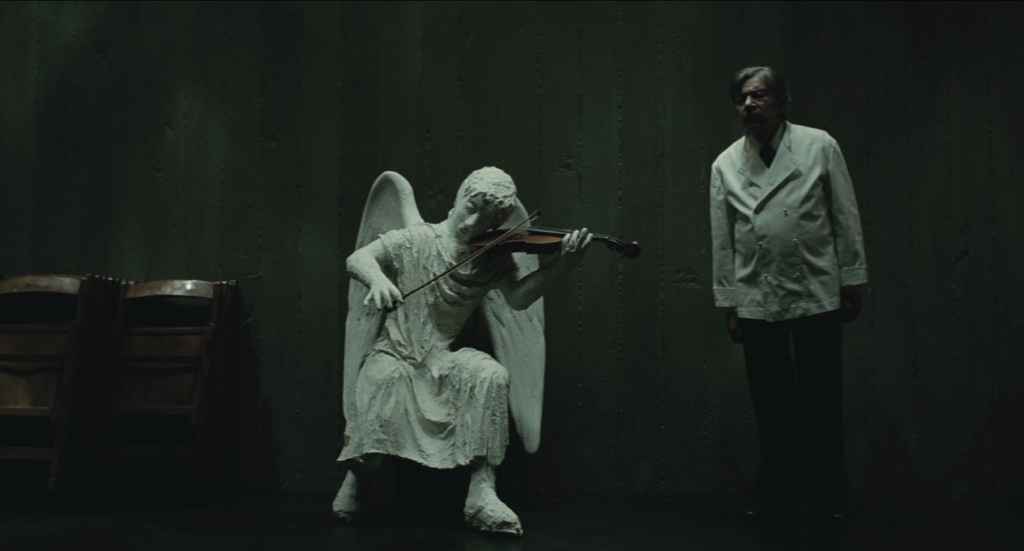
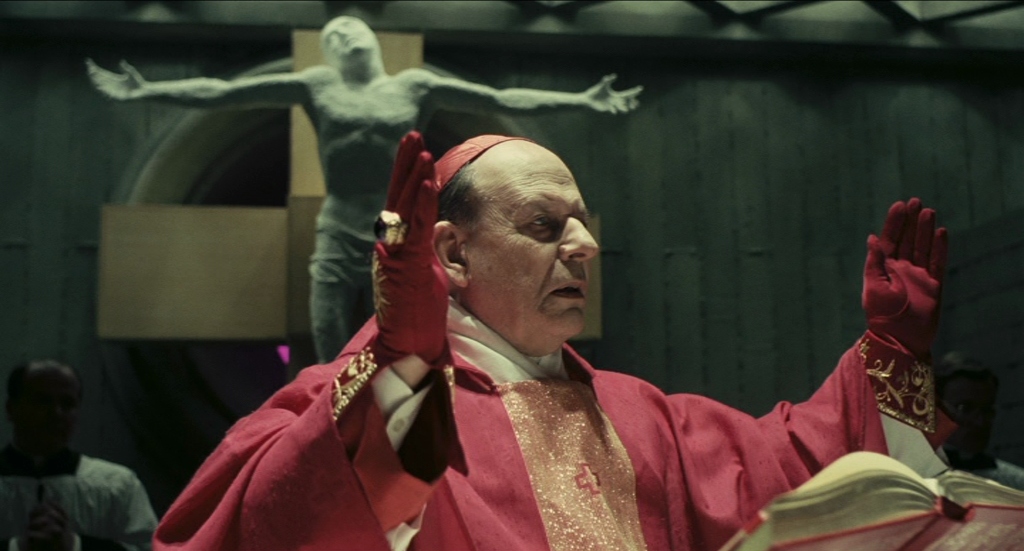
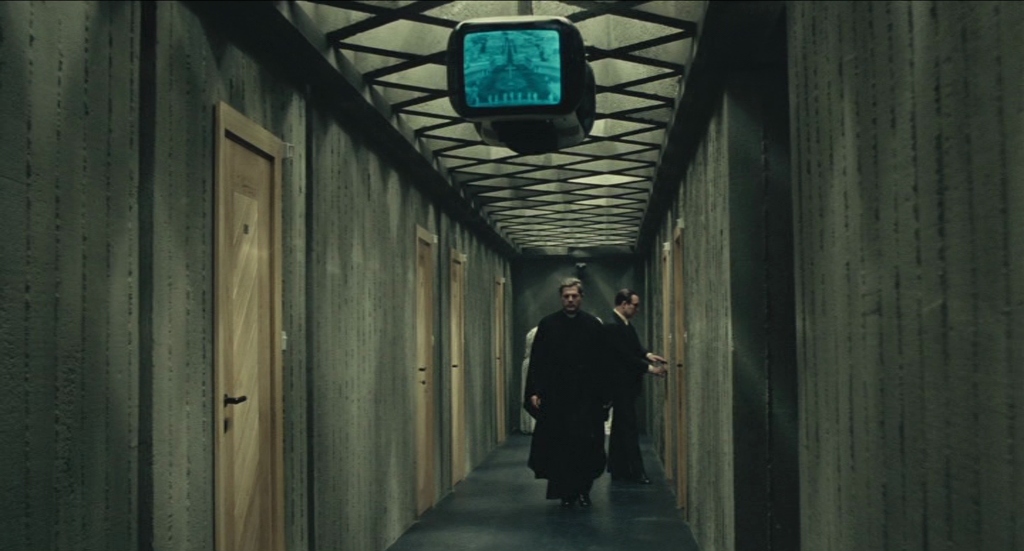
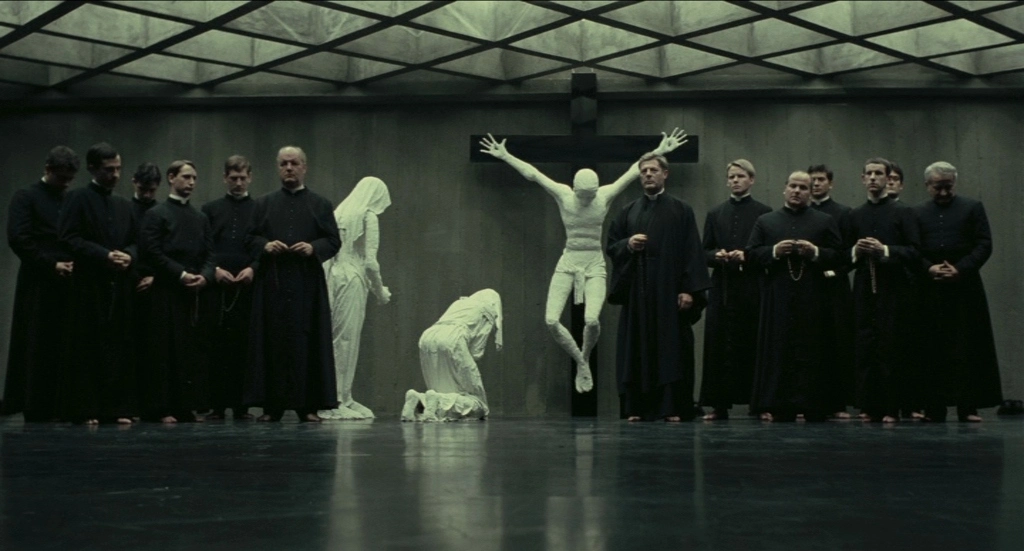
Release Date: April 30, 1976
Director: Elio Petri
Cinematography: Luigi Kuveiller
Country: Italy
Running Time: 120 Minutes
Summary
A party leader (Gian Maria Volontè) holes up with his cronies and rivals at a monastic retreat. While there, they plot their political fortunes as a Jesuit cleric (Marcello Mastroianni) leads them through a spiritual cleansing. – iMDB
Notes
This film was met with backlash when it was released in 1976 as it brings together representatives from political parties of all sides of Italian politics, including the Vatican, into a central, protected location to conduct negotiations on the brokerage of power between these parties after a global pandemic has stricken society. It is a top contender for Petri’s most controversial film, with political critics attempting to classify this film as inspiration for the kidnapping and assassination of Italian Prime Minister Aldo Moro by the Italian Red Brigades in 1978.
Check out Larry Portis’ analysis for an incredible breakdown of this film and its resonance through Italian politics in the 1970s.
Where to Watch
Streaming: YouTube Part 1 / Part 2 / Part 3
Cost: Free, but posted in 3 parts
Subscription Required: No
Extra Credit: We Still Kill The Old Way
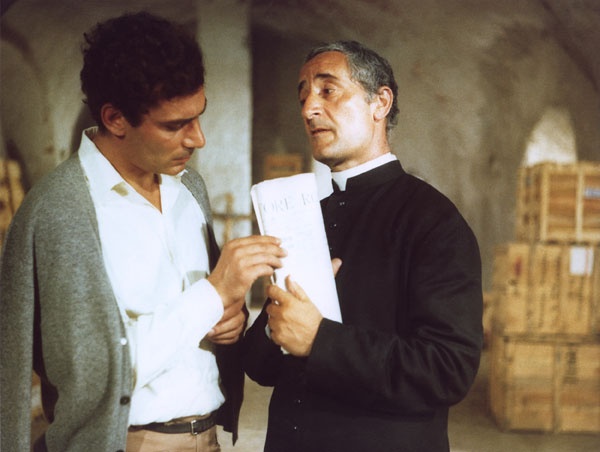
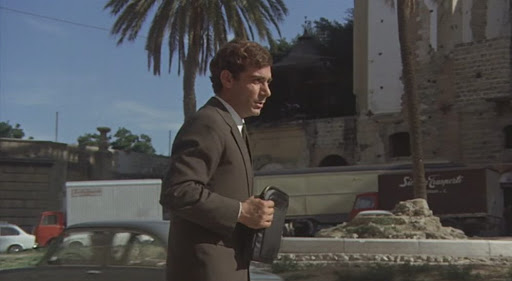
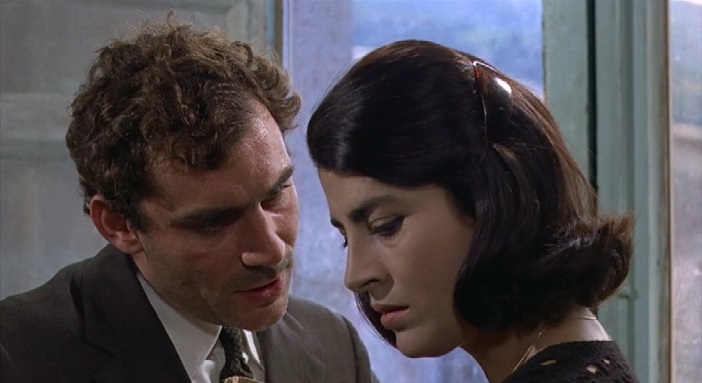
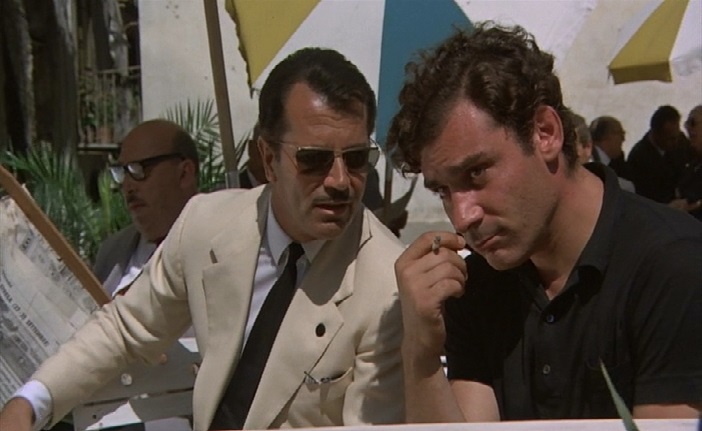
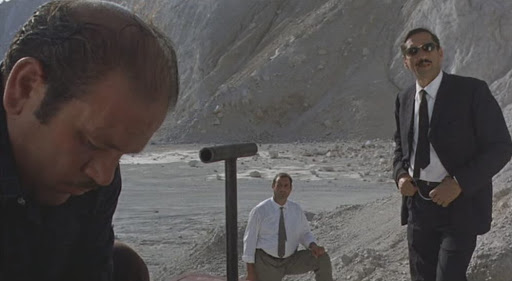
Release Date: February 22, 1967
Director: Elio Petri
Cinematography: Luigi Kuveiller
Country: Italy
Running Time: 99 Minutes
Summary
A professor investigates the killing of two men during a hunting trip and becomes fascinated by one of the widows of the victims. As he gets closer to the truth and discovers not only mafia, corrupt police but also church connections, the reality indicates that there can only be one end for the professor.
Notes
On the surface, this film appears to be a standard take on a Sicilian Mafia film, with a Leftist Professor investigating the murder of a friend. The narrative begins to take a turn when our Professor begins to fall for the widow of the victim and digs deeper into the reach of Mafia within Sicily. Where this differs from other mob movies like the Godfather, is the in the way that Petri begins to portray the Mafia as an essential organization in the machinations of the region. Petri also uses his Professor as an opportunity to show the perils of being too attached to a personality defining ideology. As Petri himself stated, “He was incapable because of his attachment to ideas and values necessary to his professional identity and typical of his social class, a character trait that may explain the failings of part of the political Left in Italy, or elsewhere.” (Portis, 2011)
Where to Watch
Streaming: Amazon Prime Video
Cost: Free
Subscription Required: Yes
Further Reading
Sources for information on Elio Petri are sparse across the internet, but we’ve compiled a few pieces below that were referenced for this article and will give you a chance to read more about this incredibly important filmmaker.
The director who must (not?) be forgotten: Elio Petri and the legacy of Italian political cinema
Links: Filmint – Part 1 & Part 2
Author: Larry Portis
Notes: This is by far the best researched and written account of Elio Petri and his influence on film. Portis also provides outstanding critique on his work and the themes of his films. If you want to read more, this is a must read.
Elio Petri: A Forgotten Genius, Remembered
Links: Port Magazine
Author: Nico Marzano
Notes: A nice, short overview of a few of Petri’s films that were featured in a retrospective of his work in 2014. Contains a few nice images from his life.
Proof of Existence: The Films of Elio Petri
Links: Spectacle Theater
Author: Spectacle Staff
Notes: This is a promo page for a Petri retrospective at Spectacle Theater in Brooklyn, NY, but provides a nice overview of several of his films and a preview for a hard to find documentary on Petri’s life, titled “Elio Petri: Notes on a Filmmaker.”
Elio Petri: Notes on a Filmmaker
Links: Internet Archive
Director: Federico Bacci / Nicola Guarneri / Stefano Leone
Notes: A small, passionate and comprehensive documentary on Petri’s life and work. Interviews with many of his collaborators and film greats, such as Robert Altman, talking about his work and influence.
*The link to this documentary does not provide subtitles, so you’ll need to understand some Italian to get the gist.
©2020 55 Cities

Join our mailing list to stay up to date on new stories, features and more.


Leave a comment